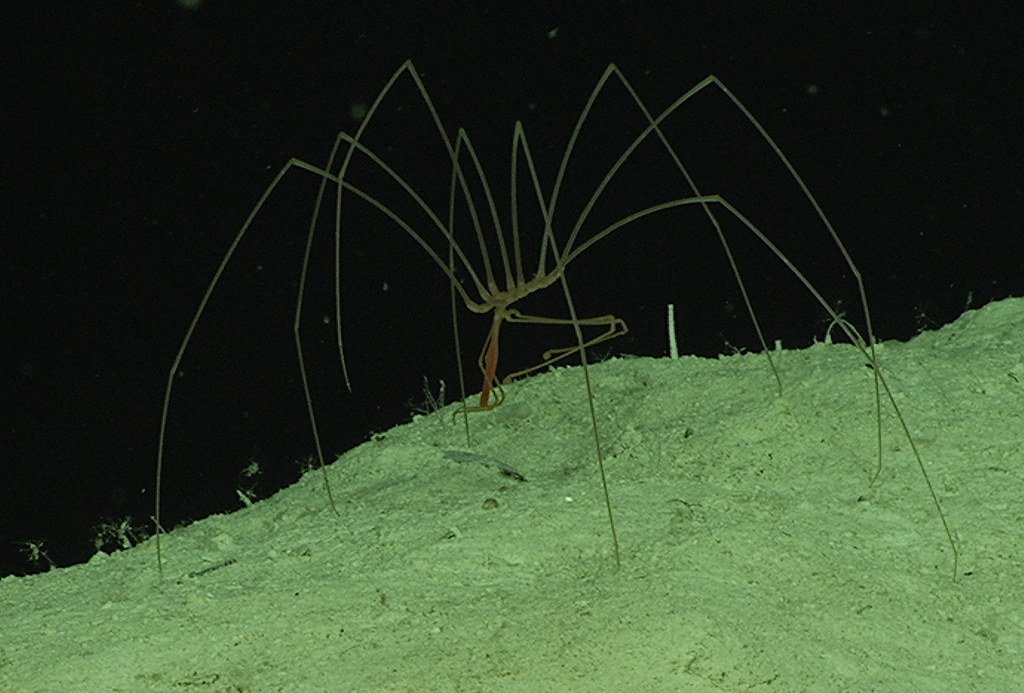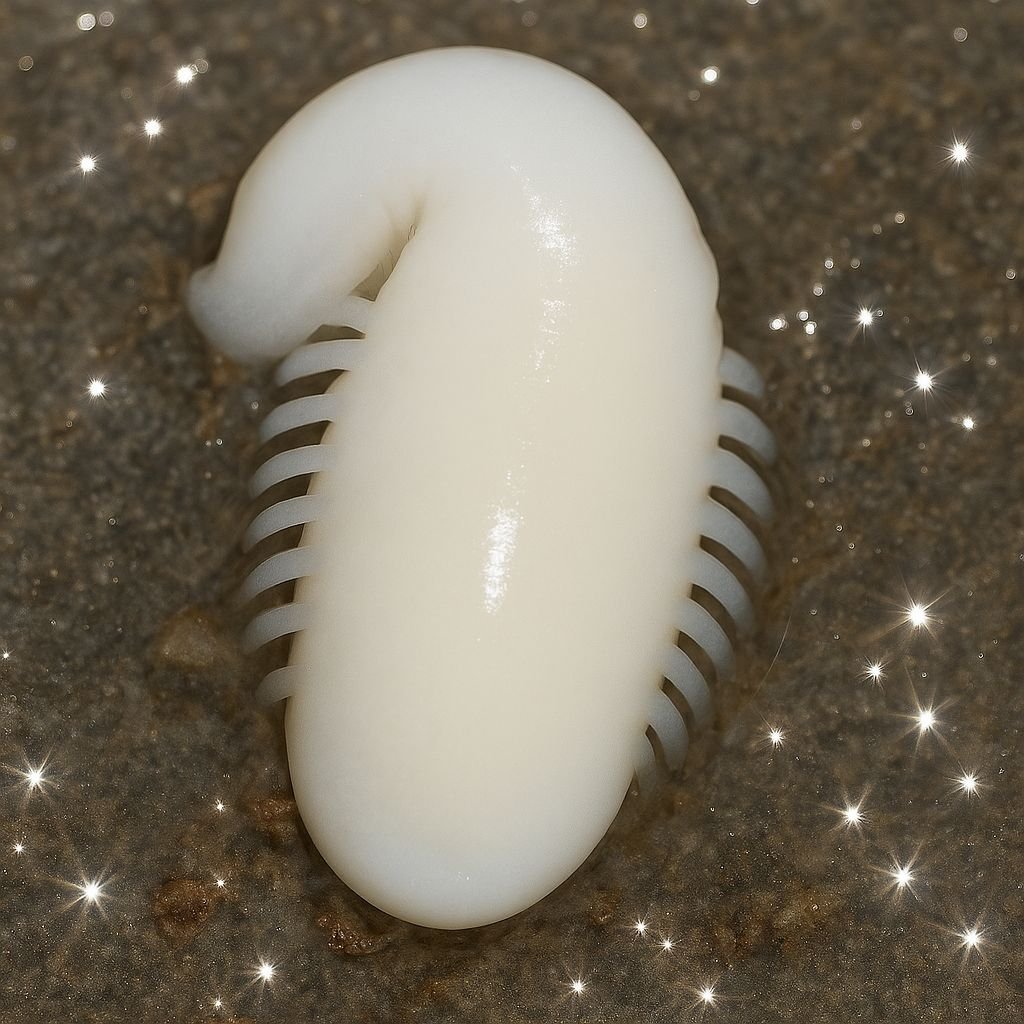DD Animal News – In a decision that is making waves across the conservation and science communities, U.S. President Donald Trump has signed an executive order aimed at fast-tracking deep-sea mining projects by U.S.-affiliated companies. The directive applies to mineral extraction efforts in both U.S. territorial waters and international areas, where oversight is traditionally governed by the International Seabed Authority (ISA)—a body the United States notably never joined.
The order directs federal agencies to expedite permits for mining operations targeting resources like cobalt, nickel, and manganese. These elements are essential for making things like electric vehicle batteries and high-tech electronics. But critics argue the cost could be far greater than the price of minerals. That’s because deep-ocean ecosystems, some of the least explored and most fragile on the planet, may be put in jeopardy with little recourse if things go wrong.
Delicate Life on the Ocean Floor

Far below the surface, in cold and dark waters, live some of Earth’s most mysterious creatures. These include cold-water corals that take centuries to grow, glass sponges that filter-feed in silence, and giant single-celled organisms called xenophyophores that resemble soft, otherworldly patches of sea foam. Most of these species live slow, sensitive lives and are found nowhere else on the planet.
Scientists once believed the deep ocean floor was desolate due to its dark, cold conditions. However, it turns out to be the largest hospitable habitat on the planet. According to the World Resources Institute, over 5,000 new species have been discovered in the Clarion-Clipperton Zone of the Pacific Ocean, located between Mexico and Hawaii.
Once damaged by mining vehicles or sediment plumes, these ecosystems don’t bounce back quickly—if at all. That’s why scientists are sounding the alarm. Deep-sea mining risks wiping out habitats before we’ve even had a chance to understand them. There’s concern that speeding up the approval process, rather than proceeding cautiously, could do irreversible harm.
Old Laws, New Digs

The executive order leans on legal tools from decades ago to justify this push. One is the Deep Seabed Hard Mineral Resources Act, passed in 1980, an act that is supposed to ensure the safety of the environment when mining in the deep-sea bed. It was put in place during the Cold War era when the U.S. rejected the United Nations Convention on the Law of the Sea, which was a comprehensive law that pushed for the protection of the sea and marine environment.
The order also invokes the Outer Continental Shelf Lands Act to streamline approvals within U.S. waters. Together, these old legal frameworks are being used to create a fast lane for mining, bypassing the kind of global cooperation and environmental scrutiny that many scientists and conservationists argue is needed.
Ocean Voices Left Behind

Supporters of the executive order argue it’s about securing American access to strategic minerals and reducing reliance on foreign supply chains. But critics say it prioritizes short-term economic gain over long-term environmental stewardship. Marine scientists emphasize that deep-sea ecosystems are not just out of sight—they’re also out of mind when it comes to policy decisions.
And yet, what lives down there matters. These habitats are part of Earth’s life-support system, playing roles in carbon cycling, biodiversity, and potentially even future medical discoveries. Conservationists worry that without public pressure or international checks, the push for profit could leave the deep ocean permanently scarred.
For now, the ocean remains silent. But the race to mine its depths has begun—and not everyone’s barking with excitement. To show your concern for the possible implications be sure to voice them at https://www.whitehouse.gov/contact/.